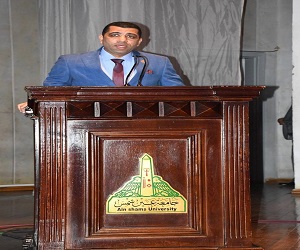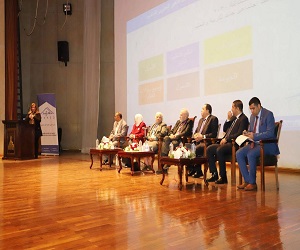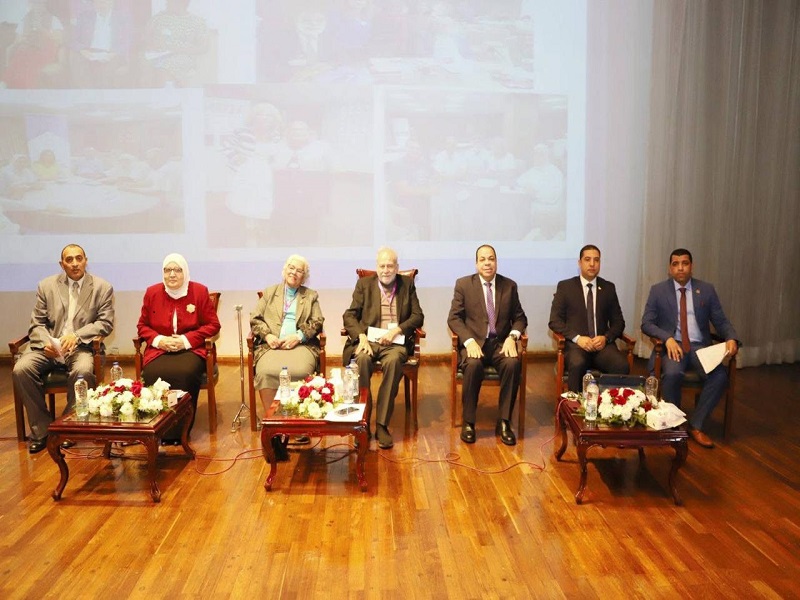The Recommendations of the 20th Annual Conference of the Adult Education Center at Ain Shams University
The activities of the twentieth annual conference of the Adult Education Center at Ain Shams University, which lasted for three days from January 28-30, 2025, concluded under the auspices of Prof. Mohamed Ayman Ashour, Minister of Higher Education and Scientific Research, Prof. Amr Talaat, Minister of Communications and Information Technology, Prof. Maya Morsi, Minister of Social Solidarity, and Prof. Mohamed Diaa Zain El-Abedeen, President of the University, and headed by Prof. Ghada Farouk, Vice President of the University for Community Service and Environmental Development Affairs, and the conference rapporteur, Dr. Islam El-Saeed, Director of the Center.
The conference sessions discussed the visions of experts and researchers from Arab and African countries on best practices in cybersecurity and adult education programs, emphasizing new roles for adult education institutions and developing the skills of their teachers through eight scientific sessions, during which fifty research papers and working papers were presented by professors and researchers representing fifteen countries, twenty-five universities, ministries and research centers.
 |
 |
The conference came out with a set of recommendations, the most important of which is the need to consider cybersecurity a key element in educational and administrative development strategies for adult education institutions in the Arab world.
Participants stressed the need to establish information security units in education sectors to build capacity and spread the culture of safe dealing with networks, ensuring the protection of data and information from increasing cyber-attacks.
The conference also stressed the importance of developing the infrastructure of adult education institutions in the Arab world, while enhancing regional and international cooperation to reduce the risks of cyber-attacks. The importance of effective media and drama employment was also emphasized as a strategic partner in spreading awareness of cybersecurity controls, which contributes to promoting a safe digital culture among various societal groups.
Specialists called for conducting Arab studies and research to analyze the increasing impact of computer and digital transactions on the value system of Arab societies.
Participants stressed the importance of developing adult education curricula in a way that establishes the Arabic identity and language, and supports the values of belonging and citizenship in light of the rapid digital transformations.
During the recommendations, participants called on university adult education centers to coordinate between different disciplines to launch awareness initiatives for university students, and qualify them as natural guiding forces for their local communities in the field of cybersecurity.
In addition to designing simple executive guides by civil society institutions, to transform security controls into practical practices that are integrated into adult education project activities.
The conference recommendations stressed the need for higher education institutions to provide parallel technical educational paths in all disciplines, linking academic knowledge with the safe use of technology. It also called for developing colleges of education and teacher preparation programs to raise the level of security and technical awareness among student teachers, and direct them towards safe and effective educational interaction.
The events concluded with a call to include digital concepts and security foundations for dealing with social media platforms in literacy curricula, in order to preserve community privacy and promote a safe digital culture. The importance of developing programs to care for the gifted and those with special abilities was also emphasized, while integrating advanced methods without compromising the free creative context.


.svg)

